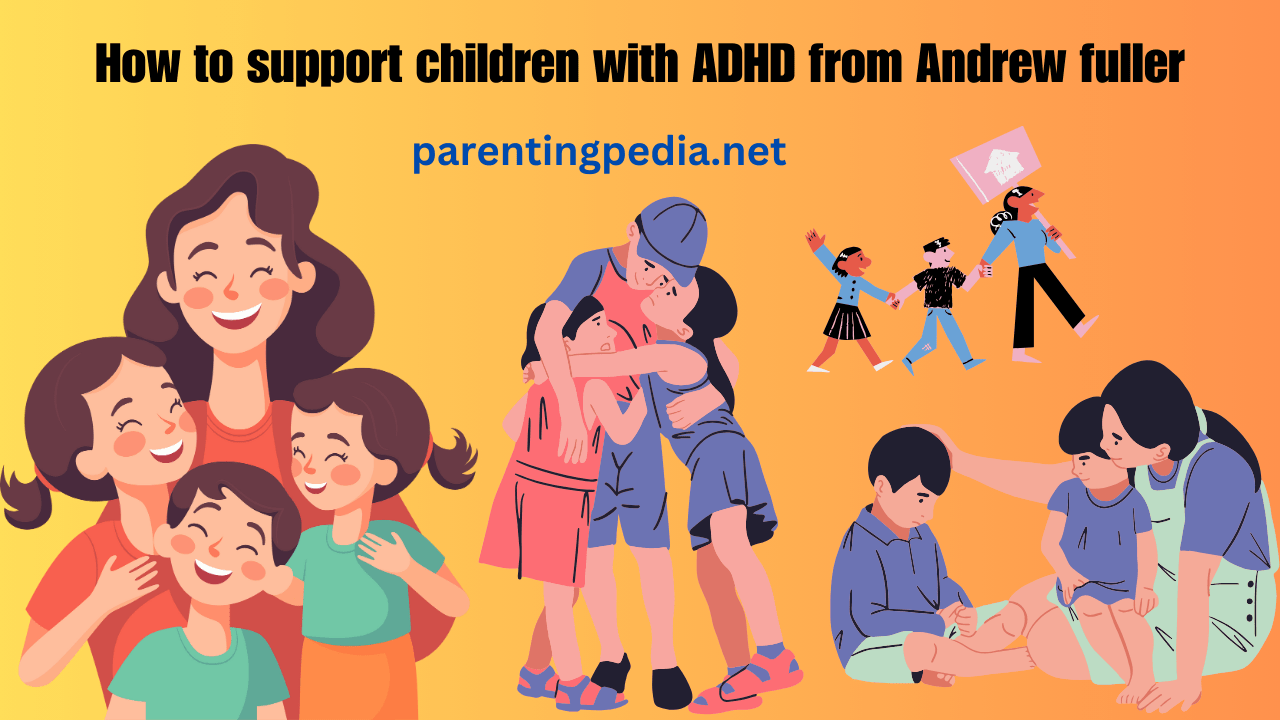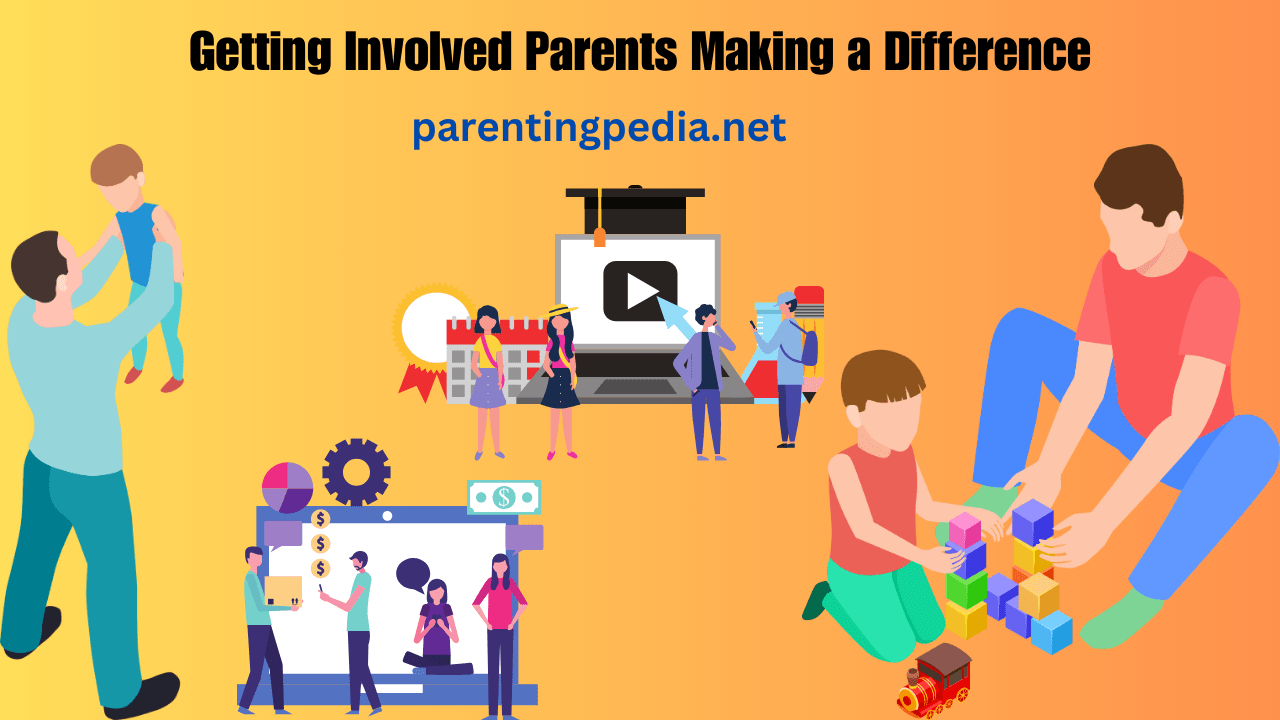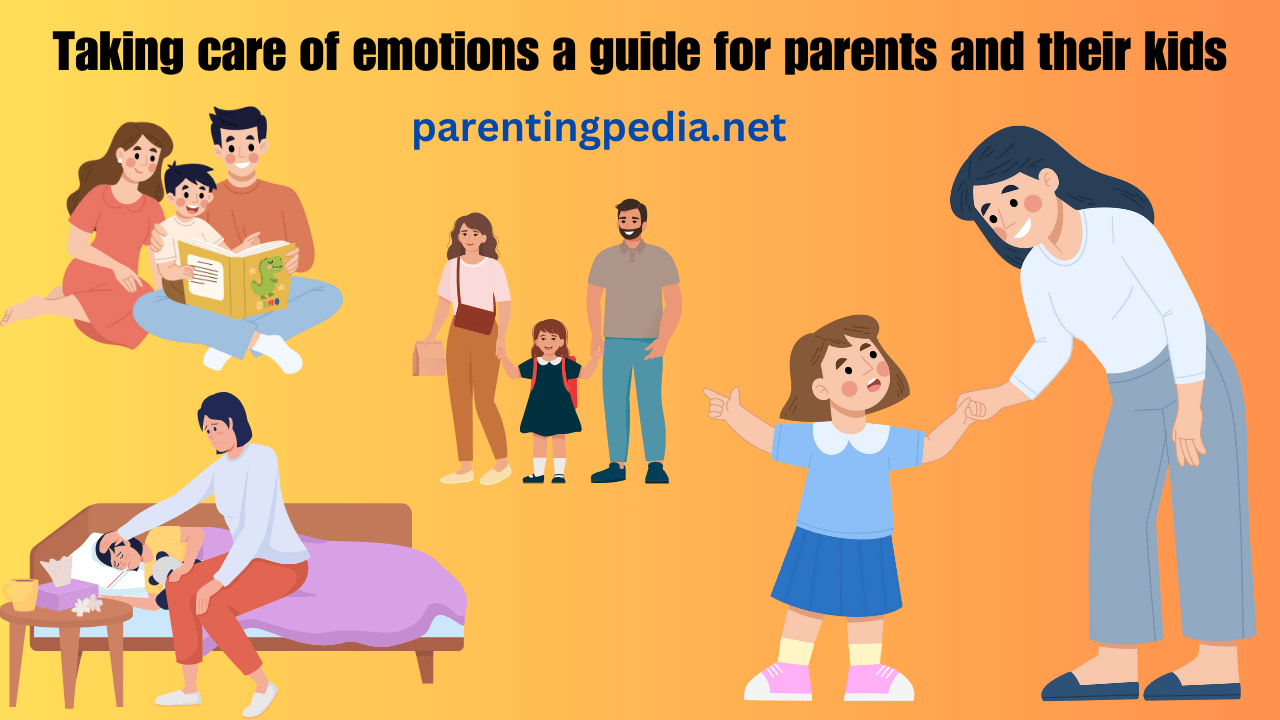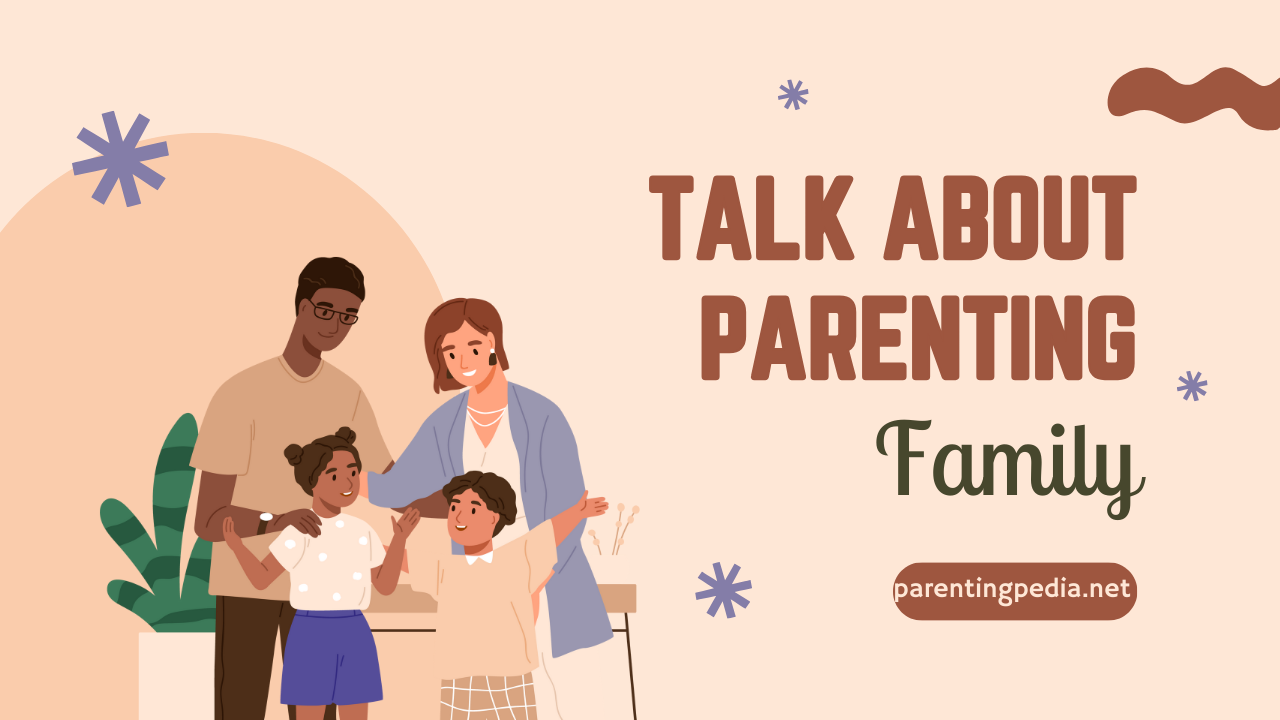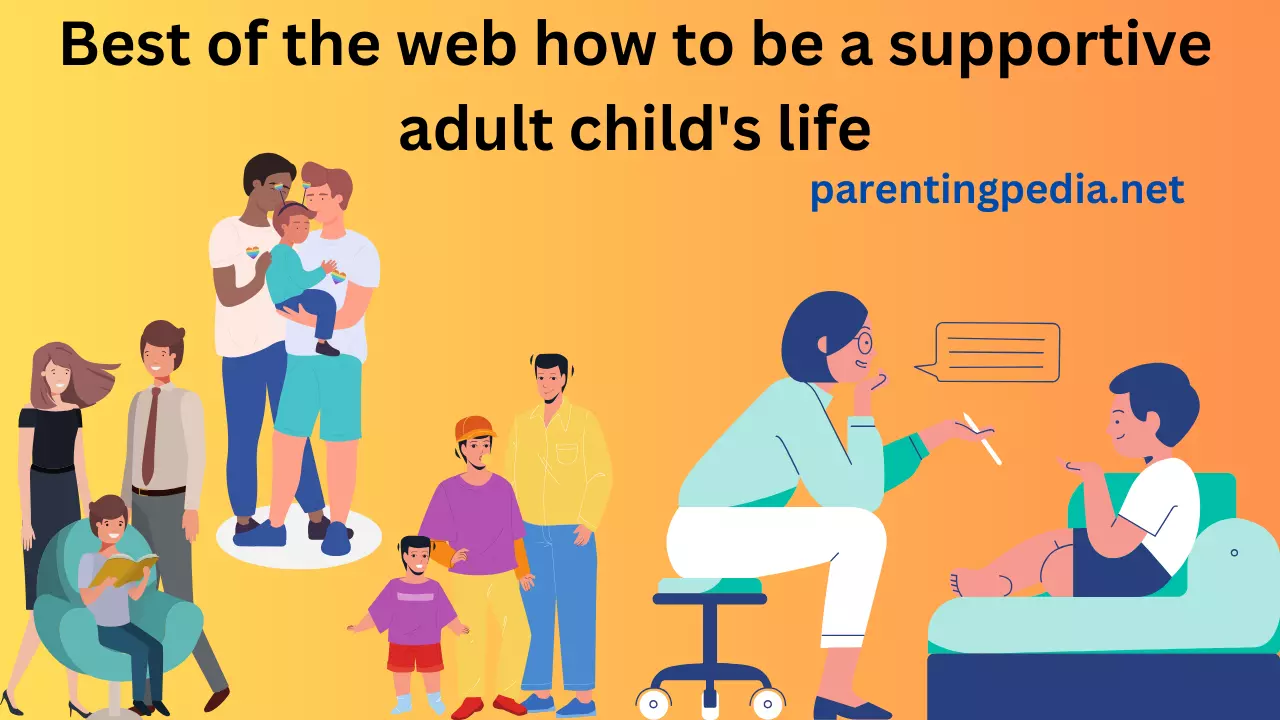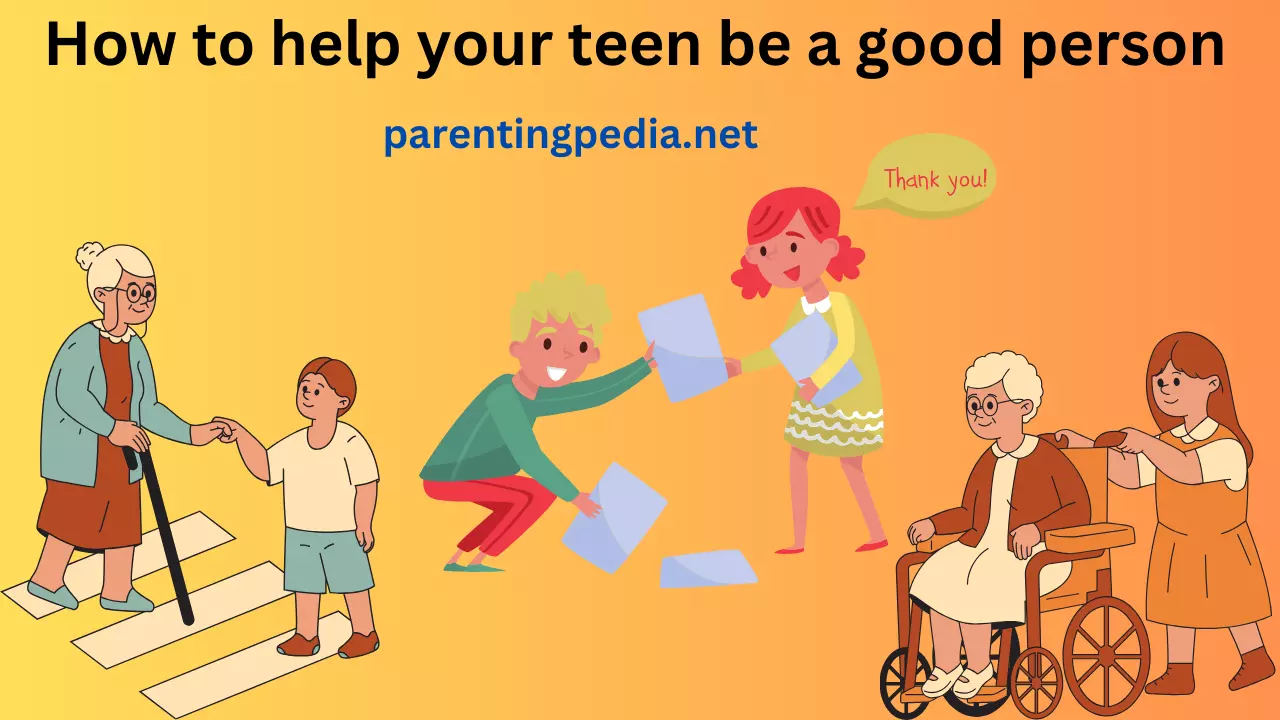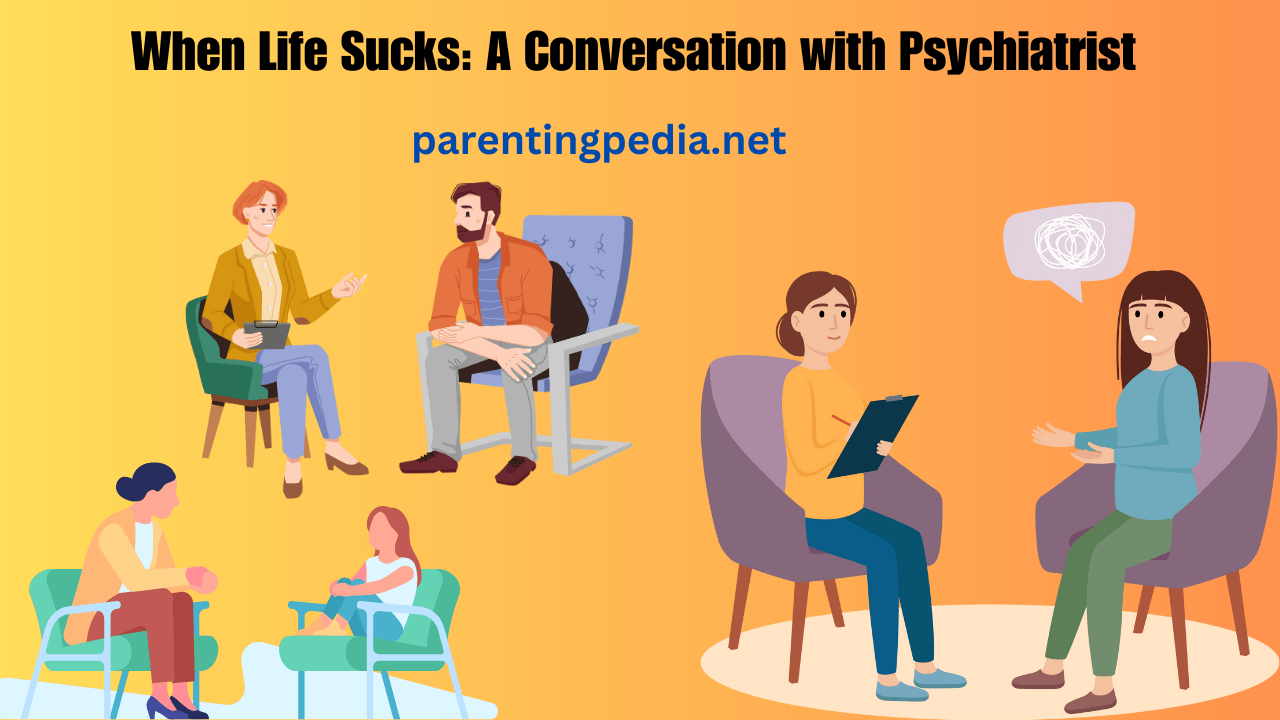So, your kid has ADHD. Where do you even start? The challenges can seem endless but don’t lose hope. You’ve got this. With the right knowledge and support children with ADHD from Andrew fuller don’t have to define your child or family.
In this podcast, psychologist Andrew Fuller dishes out practical advice for helping children with ADHD thrive. He explores how you can boost their mental health, build resilience, and embrace neurodiversity. You’ll get insights from expert guests and actionable tips for navigating school, friendships, and daily life.
Whether you’re a parent, teacher, or supporter, you have the power to make a huge impact. Fuller will show you how to engage kids with ADHD and set them up for success. Tune in, learn from the best, and get ready to better understand and advocate for the children in your life. This podcast is here to help in a big way.
Podcast With Andrew Fuller on Supporting Children With ADHD
If your child has attention deficit hyperactivity disorder (ADHD), the best thing you can do is provide support. ADHD makes it challenging for kids to focus and control impulsive behaviors, but with compassion and practical strategies, you can help them thrive.
First, educate yourself about ADHD so you understand what your child experiences. Learn how to recognize symptoms and find the right treatment, which often includes therapy, medication, or both. Pay attention to your child’s unique needs and challenges. What helps one child may not help another.
Give your child structure and stick to routines. Set clear rules and limits while also offering flexibility. Provide reminders and minimize distractions. Help them break down big tasks into manageable steps. Offer praise and positive reinforcement when they follow the rules.
Find activities that capture your child’s interest and help channel their energy and impulsiveness in a positive way. Things like sports, art, music, and hands-on hobbies are great options. Make time for free play and outdoor recreation too.
Most of all, offer your love, acceptance, and support. Help build your child’s confidence and self-esteem. Give them opportunities to make choices and express opinions to foster independence. With the right treatment and support system, kids with ADHD can thrive and achieve great success. The challenges of ADHD do not define them, and with your help, their futures are bright.
Andrew Fuller’s Expert Tips for Parents of Children With ADHD
As an expert in child psychology and ADHD, Andrew Fuller has invaluable advice for parents.
Provide Structure and Routines
Establishing structure and routines is key. Have set times for waking up, meals, homework, and bedtime. Use schedules, calendars, reminders, and timers to keep kids on track. Having predictable patterns and procedures in place helps children with ADHD feel secure and minimizes distractions and disruptions.
Give Clear and Concise Instructions
Be specific in your directions and break down complex tasks into smaller, more manageable steps. Have your child repeat the instructions back to ensure understanding. Give one direction at a time and avoid long, complicated commands.
Offer Praise and Positive Reinforcement
Provide frequent praise and encouragement for your child’s efforts and accomplishments. Give positive reinforcement through rewards and incentives when they achieve goals or complete chores and homework. Make rewards immediate and give them often, especially when first starting new routines or behaviors.
Set Reasonable Limits and Consequences
Set clear rules and limits to help your child develop proper behavior and learn self-control. Explain your reasoning behind the rules. Enforce appropriate consequences when those rules are broken, such as loss of screen time or an earlier bedtime. Be consistent yet flexible in your approach.
With the right combination of love, support, structure, and guidance, parents can help children with ADHD thrive and reach their full potential. The challenges may be great but the rewards of seeing your child succeed are even greater. Stay strong and remember, you’ve got this!
Classroom Strategies for Teachers Supporting Students With ADHD
As a teacher, you spend nearly as much time with students as their parents do. For children with ADHD, your support and guidance can make a world of difference. Here are some effective classroom strategies to help students with ADHD thrive:
Provide structure and routine
A predictable schedule and routine are comforting for students with ADHD. Explain your expectations and rules clearly. Give reminders about upcoming changes or events. Have set procedures for transitions, and ample time for the student to prepare.
Offer flexibility
While structure is important, also allows for some flexibility. Give the student options to choose from when possible. Find alternatives for physical movement, like squeezing a stress ball or taking short movement breaks. Provide extra time if needed for certain tasks like tests or assignments.
Use visual aids
Visual cues and prompts, like charts, images, and diagrams can help to focus attention and improve understanding for students with ADHD. When giving multi-step instructions, provide them in written form as well as verbally. Consider using visual schedules, timers, calendars, and task lists.
Give positive reinforcement
Provide frequent praise and incentives to students with ADHD when they follow the rules and accomplish their goals. Give encouragement and recognize their efforts and achievements, both big and small. This positive reinforcement will motivate the student to continue progressing.
Promote movement and exercise
Find opportunities for movement and physical activity, which helps students with ADHD to focus better. Even light activities like stretching or walking in place can help. When possible, incorporate physical elements into lessons. Take activity breaks as needed. Movement benefits the whole class, not just students with ADHD!
With patience, flexibility, and the right support strategies, you can create an environment where students with ADHD feel empowered to thrive. By making some simple adjustments and accommodations, you’ll find teaching students with ADHD rewarding and help them achieve their full potential.
Promoting Resilience and Positive Mental Health in Children With ADHD
Promoting resilience and positive mental health in children with ADHD involves surrounding them with support and helping them develop coping strategies. As a parent, teacher or caregiver, there are several things you can do to help build resilience in children with ADHD.
Provide Unconditional Support
Children with ADHD often face difficulties that can negatively impact their self-esteem and mental health. Offer your unconditional love, acceptance, and support. Help build their confidence by praising their efforts and strengths. Be patient and help them learn strategies for overcoming obstacles. Let them know you believe in them.
Teach Problem-Solving Skills
Help children with ADHD become better problem solvers. Walk them through the steps to identify problems, come up with solutions, evaluate options, and try different strategies. Start with small issues and have them think of solutions. Provide guidance but let them do as much as possible themselves. These skills build independence and resilience.
Promote Healthy Lifestyle Habits
Exercise, sleep, and nutrition are essential for well-being and managing ADHD symptoms. Encourage children to get outside and engage in regular exercises like walking, biking, or swimming. Aim for 1 hour of physical activity per day. Establish a consistent bedtime routine to get 9-11 hours of sleep per night. Provide a balanced diet with plenty of whole foods like fruits and vegetables, lean proteins, and whole grains. Limit sugar and processed foods.
Help Them Find Their Passions
Helping children discover and pursue their interests and talents boosts confidence, motivation, and resilience. Expose them to a variety of activities to find what sparks their passion, whether it’s art, music, volunteering, gaming, or something else. Support them in pursuing their interests and encourage them to stick with challenging activities. Success in an area of passion can help build resilience.
Connect Them to Role Models
Seeing others with ADHD succeed can inspire children and give them role models to emulate. Share stories of successful people with ADHD like gymnast Simone Biles, entrepreneur Richard Branson or comedian Howie Mandel. Connect children to mentors and support groups to build their network. Finding like-minded peers and role models strengthens resilience and mental health.
FAQs:
As a parent of a child with ADHD, you likely have many questions about the condition and how best to support your child. Here are some of the most common questions and answers:
How do I help my child focus?
Provide structure and minimize distractions. Have a routine, schedule, and rules. Give one instruction at a time and check that your child understands directions. Use timers, schedules, calendars, and reminders. Offer rewards and positive reinforcement for focusing.
Should I give my child medication for ADHD?
Medication, along with behavior therapy, can be helpful for some children with ADHD. Stimulants are commonly prescribed and can help improve focus, attention, and impulsivity. Work closely with your doctor to determine if medication is right for your child, and to find the proper type and dosage. Medication is not for every child, and there are alternative treatments, so explore all options.
How can I help my child in school?
Meet with teachers and work as a team. Sit at the front of the class. Provide an organizer or planner for assignments. Give instructions one step at a time. Offer praise and rewards for good work. See if your child qualifies for special education services or a 504 plan. Ask about reducing workload or making accommodations when needed.
How can I best handle behavioral issues?
Be patient and flexible. Provide clear rules and reasonable consequences when those rules are broken. Use positive reinforcement like praise, rewards, and quality time together. Give your child opportunities to be physically active and burn off excess energy. Set timers to encourage transitions and breaks. Seek counseling or behavioral therapy for strategies tailored to your child’s needs.
The most important things are educating yourself about ADHD, working with professionals, providing structure and patience, and offering your child love and support. While ADHD presents challenges, the good news is that the symptoms can be managed well so your child can thrive. With the right treatment and support system in place, children with ADHD can achieve their full potential.
Conclusion
So there you have it, some practical advice straight from the expert himself on how to support kids with ADHD. The challenges that come with this condition are real, but so are the strengths. Focus on building your child’s confidence, give them opportunities to move and be active, set clear rules and boundaries, and encourage their interests. Most of all, remember to show them love and acceptance for who they are. While parenting any child comes with ups and downs, children with ADHD thrive when surrounded by support systems that understand them. You’ve got this! Now go out there and help your kid achieve their full potential. The future is bright.
Remember, the greatest reward of parenting lies in watching
your children soar with love and confidence.
Till then keep smiling and be happy 😊
Worth Reading 👇
-
- Finding Balance Becoming a Screen Smart Family
- Best of the web when you’re teen asks for non-alcoholic beer and more
- Choosing the Best Musical Instrument for Children to Learn
- When Life Sucks: A Conversation with Psychiatrist and Comedian Dr. Jo Prendergast
- Getting kids to talk about their feelings
- The case for banning corporal punishment of kids
- Why meditation should be taught in schools
- how to be a best and fairest sporting parent from nathan burke
- Getting Involved Parents Making a Difference
- Is your child being bullied, how parents can help?
- Taking care of emotions a guide for parents and their kids

